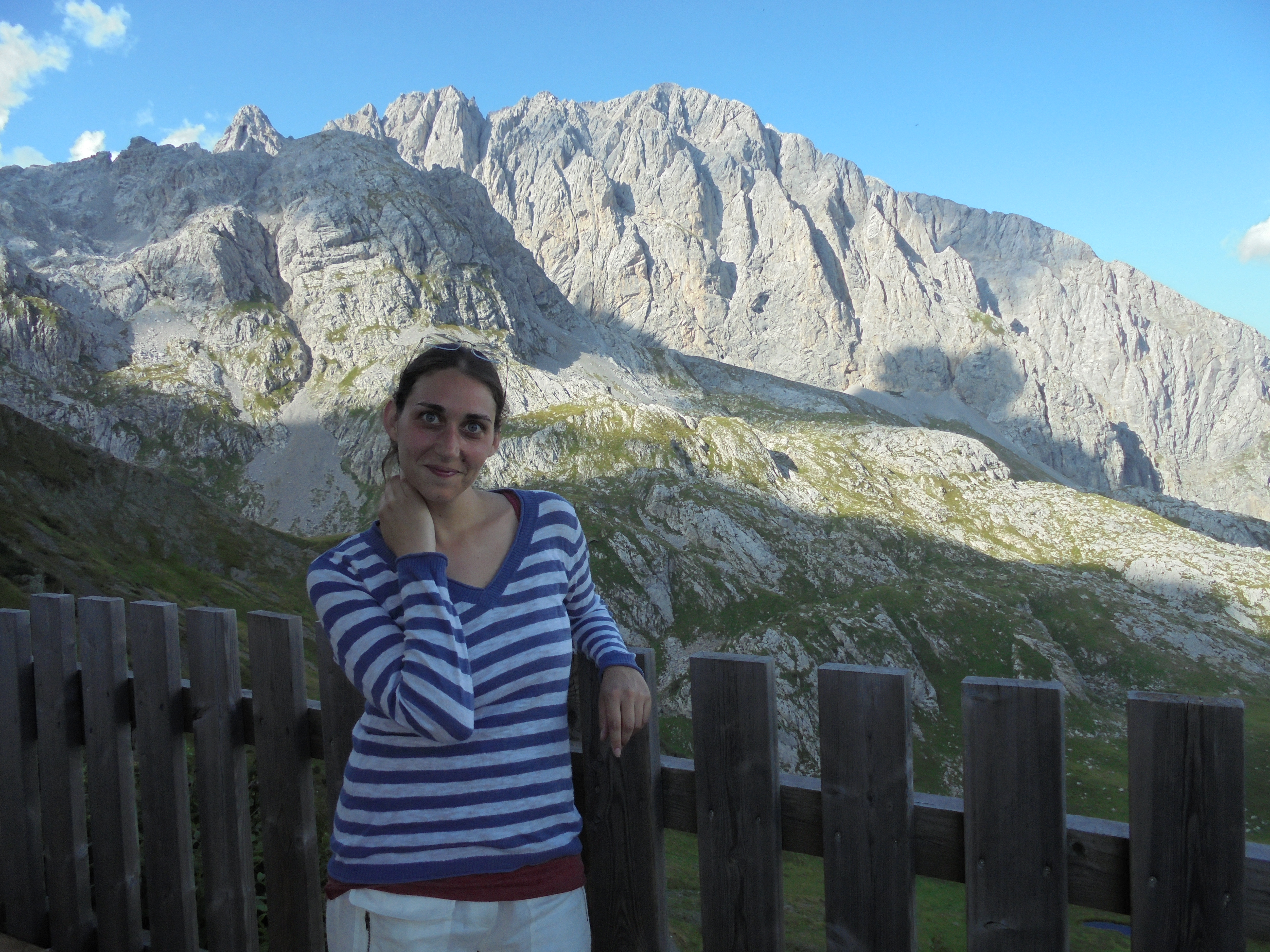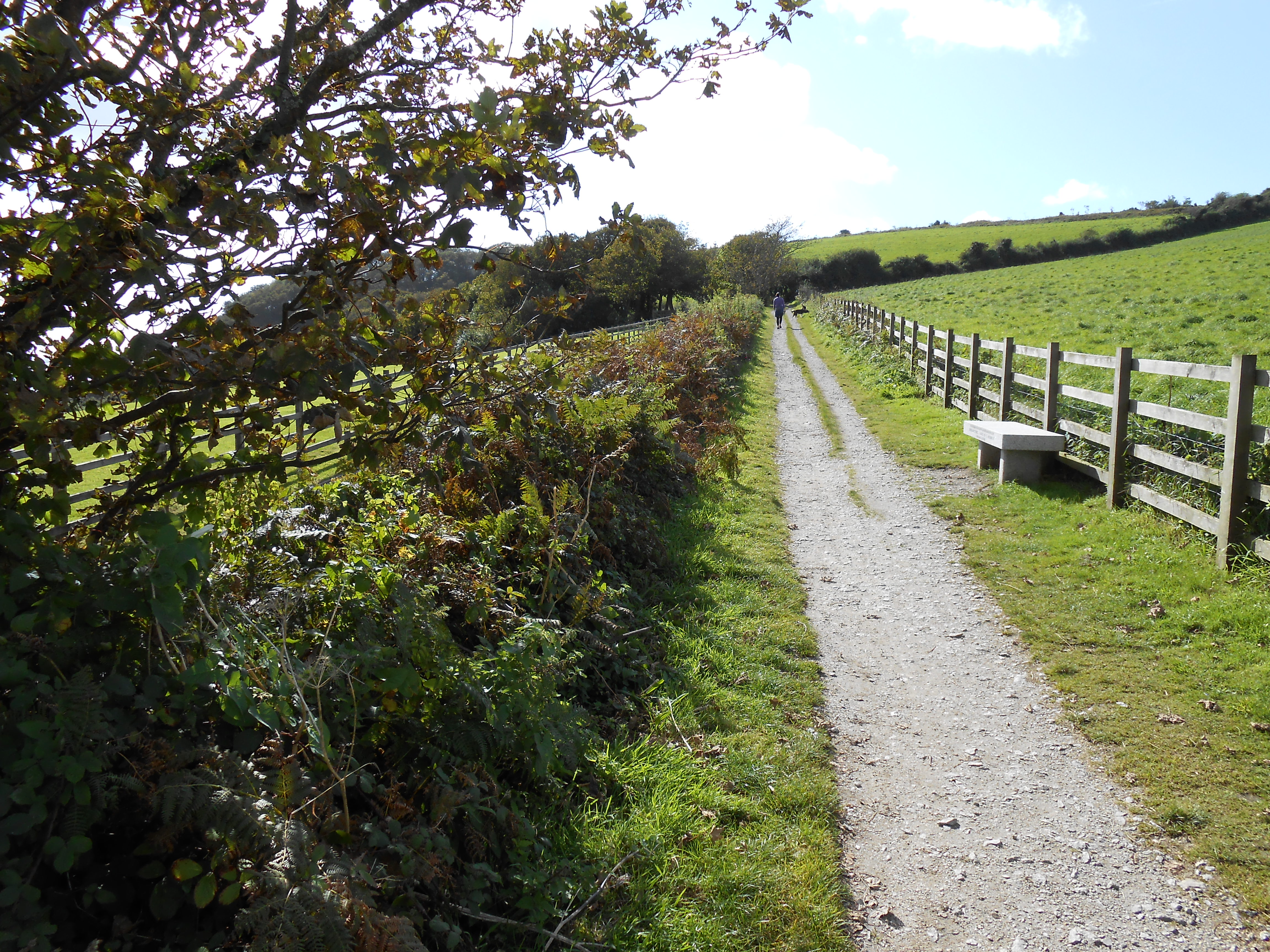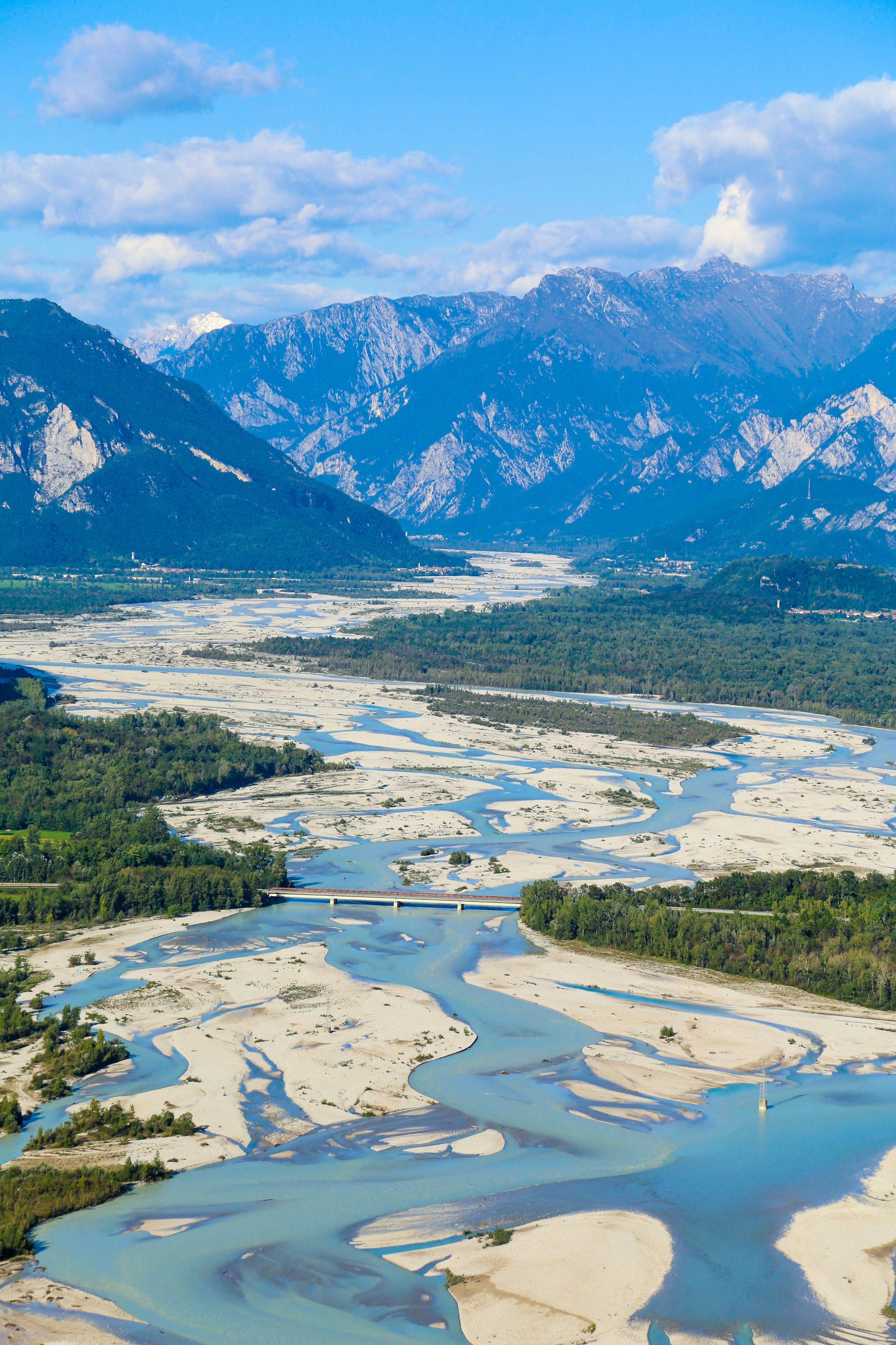We are looking back on some of our MSc graduates who have excelled in scientific research, ecology and conservation around the world since studying with us.
Today we meet Elena who graduated from MSc Evolutionary & Behavioural Ecology in in 2013 and is now a Postdoctoral researcher at LAPSCO UMR CNRS 6024 and Université Clermont Auvergne (UCA).
Elena, It’s almost 10 years since you studied with us, why don’t you tell us a bit about your career in that time that led you to where you are now?

Soon after my MSc, I started a PhD in Human Behavioural Ecology at University College London (UCL) supervised by Prof. Nichola Raihani. Directly after that, I worked on a short 3-month project at the University of the Sunshine Coast (USC) with Prof. Celine Frere before a 2 year career break. I have recently started my first postdoc at Université Clermont Auvergne (UCA), working with Prof. Guillaume Dezecache on the effects of living under volcanic threat on pro-sociality and interpersonal trust.
Congratulations Elena … what first attracted you to study your MSc at the University of Exeter?
I knew I wanted to study in the UK and I had done a great deal of research on possible MSc courses and Universities. Exeter ended up being my one and only choice. The research at the Centre for Ecology and Conservation is extraordinary. It is indisputably the best place to study behavioural ecology, at least in the UK.
We are glad you love Cornwall as much as we do … what did you enjoy most about studying your MSc?

To me, joining the MSc in Evolutionary and Behavioural Ecology was a dream come true! I loved the quiet setting, the walks in the lush green nature, and the stunning scenarios of the Cornish coastline. I wasn’t much of a party person, but, despite its small size, Falmouth seemed quite active and fun as well. All our lecturers, lectures, field trips … the helpful and patient support staff and University resources …everything was truly impeccable. I particularly appreciated the language and study skills help from the staff there, as a foreign student, they helped a lot with settling in.
The best aspect of studying at Penryn campus though for me was my project with Alex Thornton. Ironically, I had always wanted to join the CEC and work on cooperative breeding in mammals with Andy Young. For a coincidence that year Alex was offering a fantastic project on cumulative culture I just couldn’t miss.

How do you think the MSc helped to prepare you for your career?
All practical skills were very useful to me, from writing the review paper or the science communication piece, to poster making and presenting, statistics in R, and even soft skills like how to write a cover letters, CVs, and especially grants. I think the most useful course to me has been the intro to R though.
Coming from a formal environment with most, if not all, old-fashioned classes with very little practical experience, I gained a lot from all the opportunities and first-hand experience that the MSc program has.
What made you choose a career in research?
I am all for the field work. I’ve always enjoyed being lost in nature chasing one species or the other.
Finally, do you have any plans for the future?
I have recently begun my first postdoc on human trust and pro sociality in volcanic environments, and I hope to expand my research to both other environments and other species. I am setting up a field site along the Alpine river Tagliamento to study behaviour and cognition of small mammals inhabiting the flood-prone islands and I aim to have that up and running in a couple of years!
Thank you Elena!
If you want to read more profiles from MSc Evolutionary & Behavioural Ecology graduates follow this link or explore our Graduate in Focus homepage to learn more about the degree programmes we have on offer!

